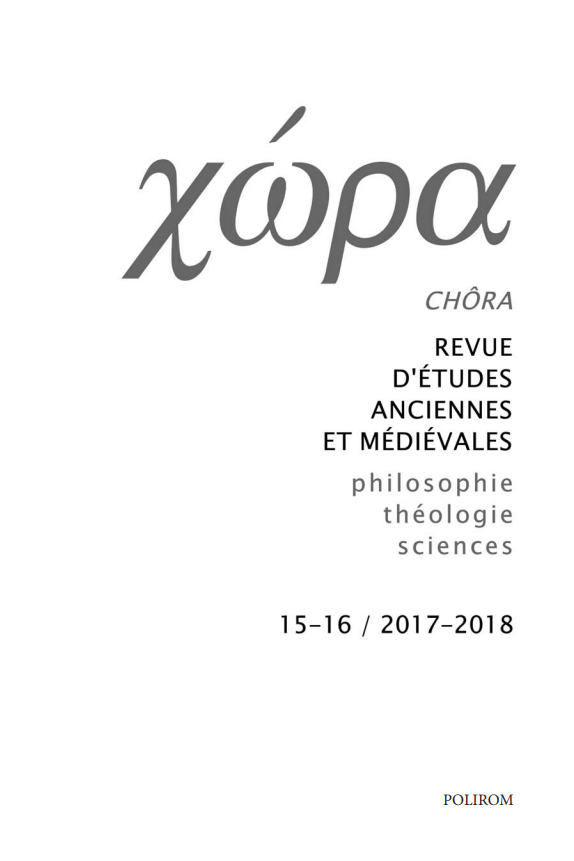Traduction, translittération, réinterprétation : la kalokagathia chez Albert le Grand
Translation, transliteration, reinterpretation: the kalokagathia at Albert Magnus
Author(s): Valérie CordonierSubject(s): Christian Theology and Religion, Philosophy, History of Philosophy, Middle Ages, Philosophy of Language
Published by: EDITURA POLIROM S.A.
Keywords: translation; transliteration; reinterpretation; kalokagathia; Albert Magnus; middle ages;
Summary/Abstract: In the significant body of existing research on the notion of kalokagathia – an ideal of the accomplished man who combines physical beauty with social status and moral goodness –, the focus has so far been on the history of the formation of the terms that denoted this quality (καλὸς καὶ ἀγαθός, καλoσκἀγαθός, καλοκἀγαθία) in ancient Greece, on their usage during the classical period and – to a lesser extent – on the changes in their meaning during the Hellenistic period. Our history of this concept therefore lacks a mediaeval chapter. I propose to address this gap by analysing how Albert Magnus understood the Latin terms corresponding to kalokagathia in the Aristotelian texts of practical philosophy made accessible by Latin translators at the time (Nicomachean Ethics, Magna Moralia, Politics and Eudemian Ethics). I also offer a reflection on the factors that determine how a text is understood within the contingency space left open between its translation and its interpretation by the reader.
Journal: Chôra. Revue d'études anciennes et médiévales
- Issue Year: 2018
- Issue No: 15-16
- Page Range: 219-253
- Page Count: 35
- Language: French
- Content File-PDF

